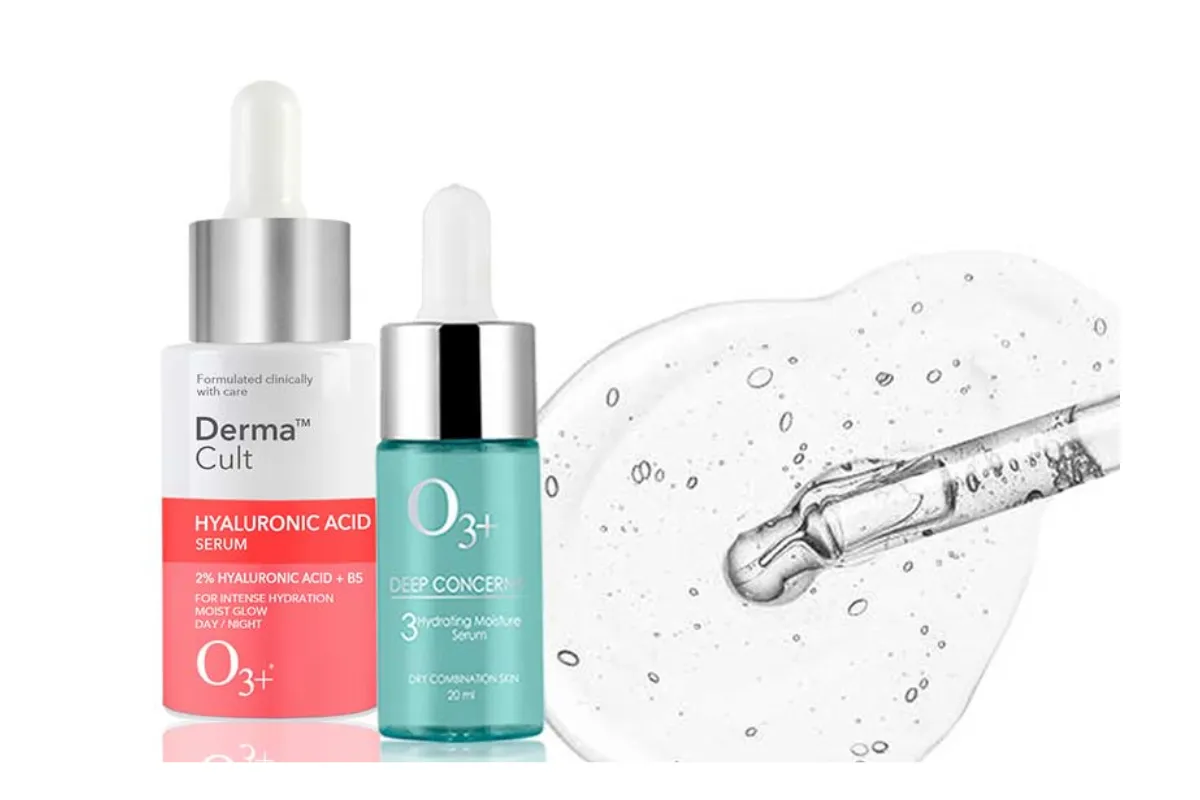In the realm of skincare, few ingredients have garnered as much attention and acclaim as hyaluronic acid.
Revered for its unparalleled hydrating properties and ability to plump and rejuvenate the skin, hyaluronic acid has become a staple in countless skincare products, from serums and moisturizers to masks and cleansers.
In this comprehensive guide, we’ll delve into the myriad benefits and uses of hyaluronic acid, exploring its role in skincare and recommending products that harness its transformative powers for radiant, youthful-looking skin.
Understanding Hyaluronic Acid:
Hyaluronic acid is a naturally occurring substance found in the human body, particularly in the skin, joints, and connective tissues.
Despite its name, hyaluronic acid is not actually an acid in the traditional sense; rather, it is a sugar molecule that acts as a humectant, drawing moisture from the environment and holding it within the skin.
In fact, hyaluronic acid has the remarkable ability to hold up to 1,000 times its weight in water, making it an incredibly effective hydrating agent.
Benefits of Hyaluronic Acid:
Deep Hydration:
One of the primary benefits of hyaluronic acid is its ability to provide intense hydration to the skin.
By attracting and retaining moisture, hyaluronic acid helps to plump and hydrate the skin from within, improving its overall texture and appearance.
Skin Plumping:
Hyaluronic acid has a plumping effect on the skin, helping to smooth out fine lines, wrinkles, and other signs of aging.
When the skin is well-hydrated, it appears fuller and more youthful, giving it a naturally radiant glow.
Enhanced Skin Elasticity:
As we age, the production of hyaluronic acid in the skin decreases, leading to a loss of elasticity and firmness.
By replenishing hyaluronic acid levels, skincare products containing this ingredient can help to restore the skin’s natural bounce and suppleness.
Improved Wound Healing:
Hyaluronic acid has been shown to promote wound healing and tissue repair by stimulating the production of collagen and elastin.
This can be particularly beneficial for individuals with acne scars, sun damage, or other types of skin damage.
Non-Comedogenic:
Unlike some other moisturizing ingredients, hyaluronic acid is non-comedogenic, meaning it won’t clog pores or exacerbate acne-prone skin.
This makes it suitable for use on all skin types, including oily and acne-prone skin.
Uses of Hyaluronic Acid in Skincare:
Hydrating Serums:
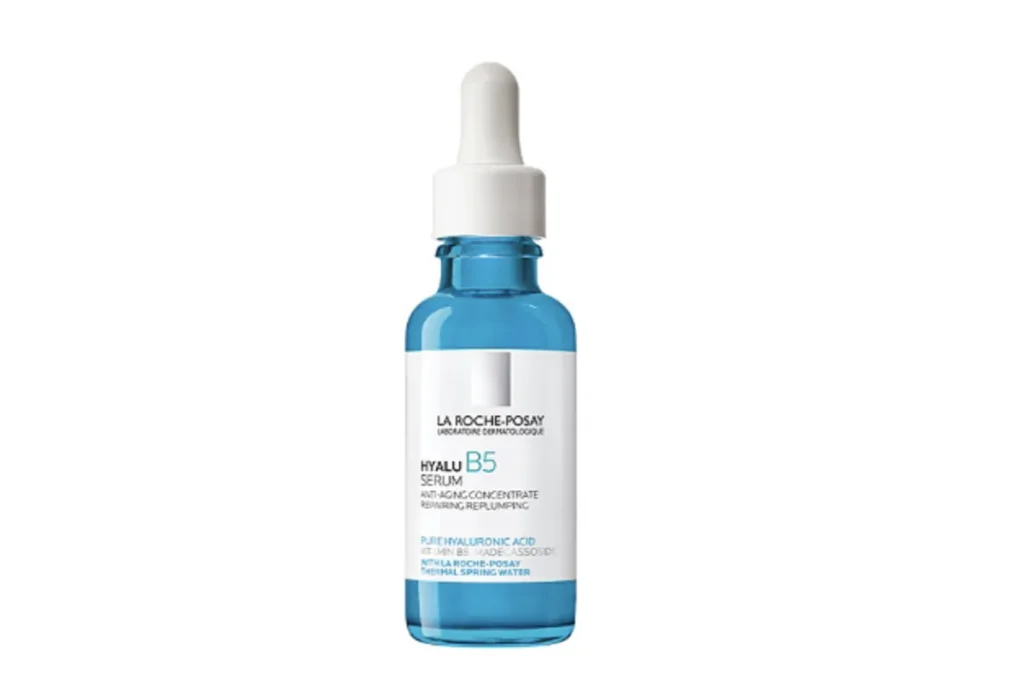
Hyaluronic acid serums are lightweight, fast-absorbing formulas that deliver a concentrated dose of hydration to the skin.
These serums are typically applied after cleansing and toning but before moisturizing, allowing the hyaluronic acid to penetrate deep into the skin for maximum effectiveness.
Moisturizers:
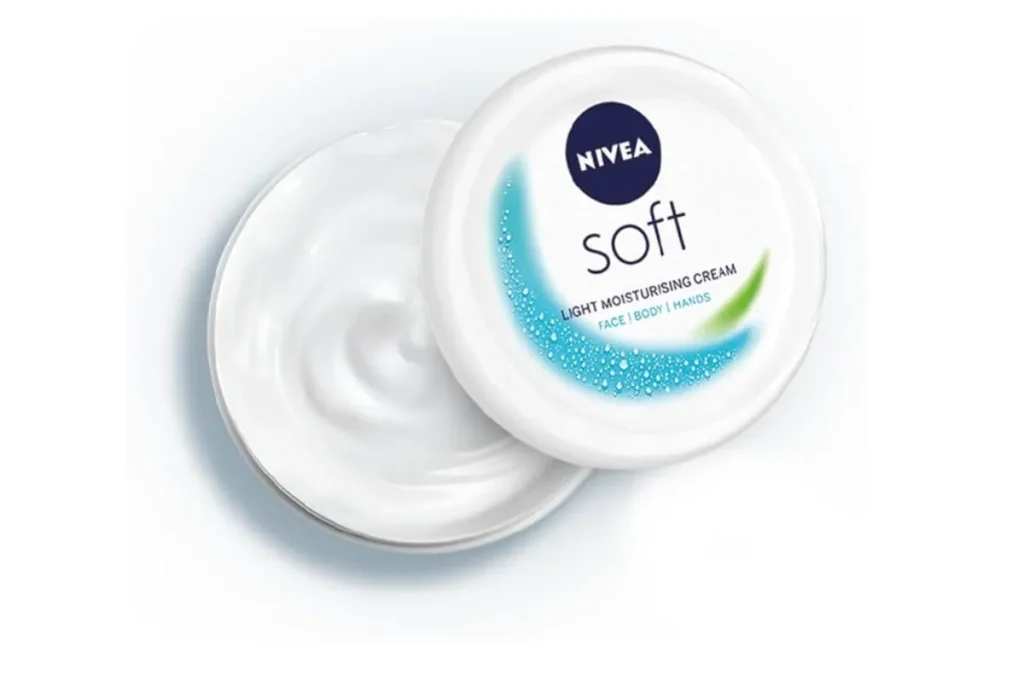
Many moisturizers, both lightweight gels and rich creams, contain hyaluronic acid as a key ingredient.
These moisturizers provide long-lasting hydration while helping to lock in moisture and protect the skin’s natural barrier.
Sheet Masks:

Sheet masks infused with hyaluronic acid are an excellent way to deliver an instant boost of hydration to the skin.
These masks are soaked in a serum containing hyaluronic acid and other beneficial ingredients, which are absorbed by the skin during the masking process.
Eye Creams:

The delicate skin around the eyes can benefit greatly from the hydrating properties of hyaluronic acid.
Eye creams containing this ingredient help to hydrate, firm, and brighten the under-eye area, reducing the appearance of dark circles and fine lines.
Cleansers:

Some cleansers are formulated with hyaluronic acid to provide a gentle yet effective cleansing experience without stripping the skin of its natural oils.
These cleansers help to remove dirt, oil, and impurities while leaving the skin feeling soft, smooth, and hydrated.
Recommended Hyaluronic Acid Products:
The Ordinary Hyaluronic Acid 2% + B5:
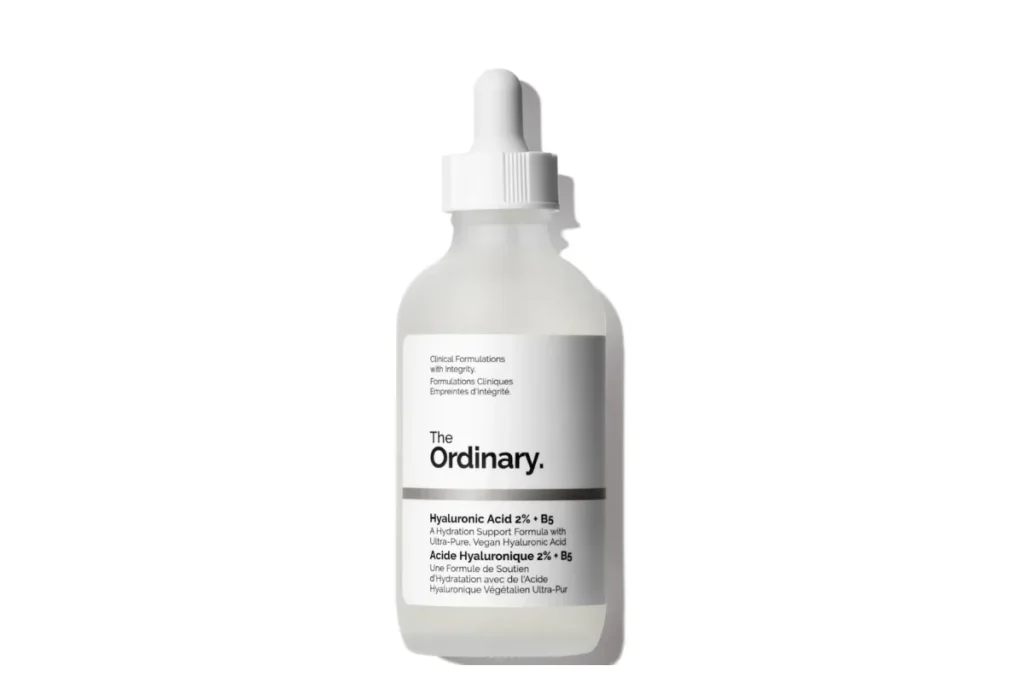
This lightweight serum combines hyaluronic acid with vitamin B5 to hydrate and plump the skin, leaving it feeling soft, smooth, and supple.
Neutrogena Hydro Boost Water Gel:
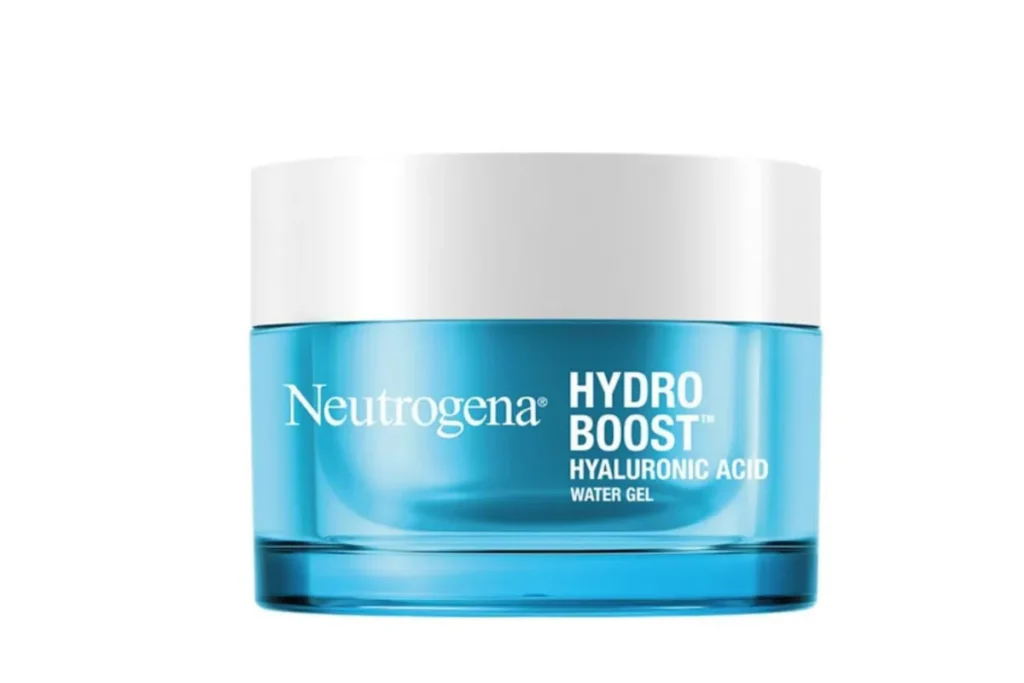
This oil-free moisturizer contains hyaluronic acid as its key ingredient, providing long-lasting hydration without clogging pores.
The lightweight gel formula absorbs quickly into the skin, leaving it feeling refreshed and revitalized.
Drunk Elephant B-Hydra Intensive Hydration Serum:

This serum features a blend of hyaluronic acid, pro-vitamin B5, and pineapple ceramide to replenish and retain moisture in the skin.
It is suitable for all skin types and can be used alone or mixed with other skincare products for a customized hydration boost.
La Roche-Posay Hyalu B5 Hyaluronic Acid Serum:
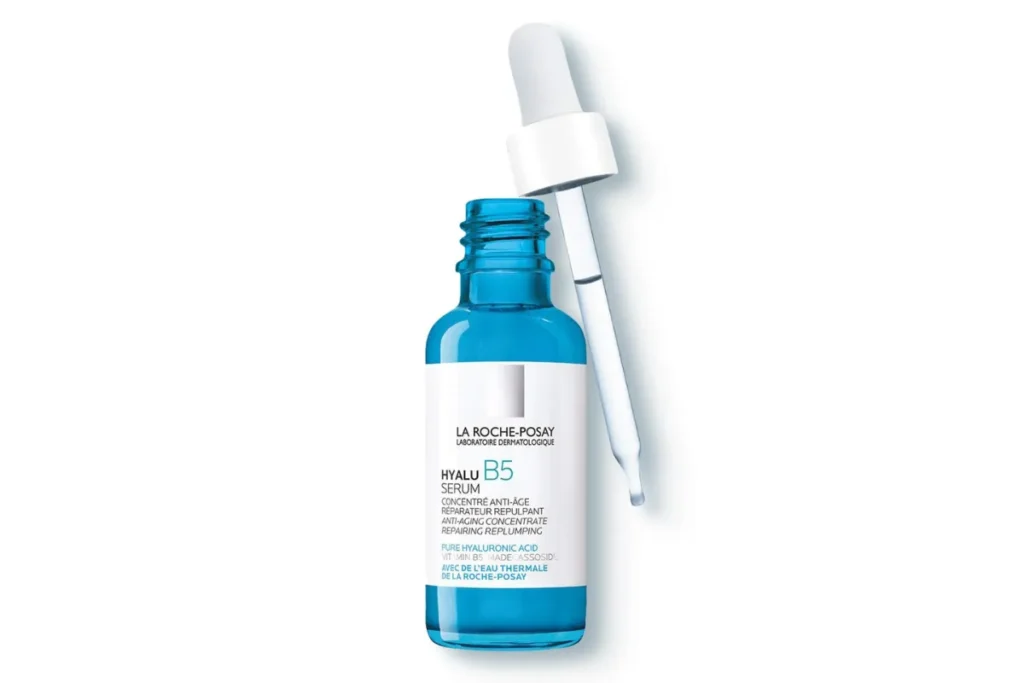
This dermatologist-tested serum contains two types of hyaluronic acid and vitamin B5 to hydrate, plump, and repair the skin’s moisture barrier.
It is suitable for sensitive skin and can be used morning and night for maximum results.
Peter Thomas Roth Water Drench Hyaluronic Cloud Cream:

This ultra-lightweight gel-cream moisturizer contains 30% hyaluronic acid complex to deliver a continuous burst of hydration to the skin.
It is oil-free, fragrance-free, and suitable for all skin types, making it an excellent choice for daily use.
In Conclusion:
Hyaluronic acid is a powerhouse ingredient that offers a multitude of benefits for the skin, from deep hydration and plumping to improved elasticity and wound healing.
Whether you’re looking to combat dryness, reduce the signs of aging, or simply achieve a more radiant complexion, products containing hyaluronic acid can help you achieve your skincare goals.
Incorporate one of the recommended products into your daily skincare routine and experience the transformative benefits of hyaluronic acid for yourself.
